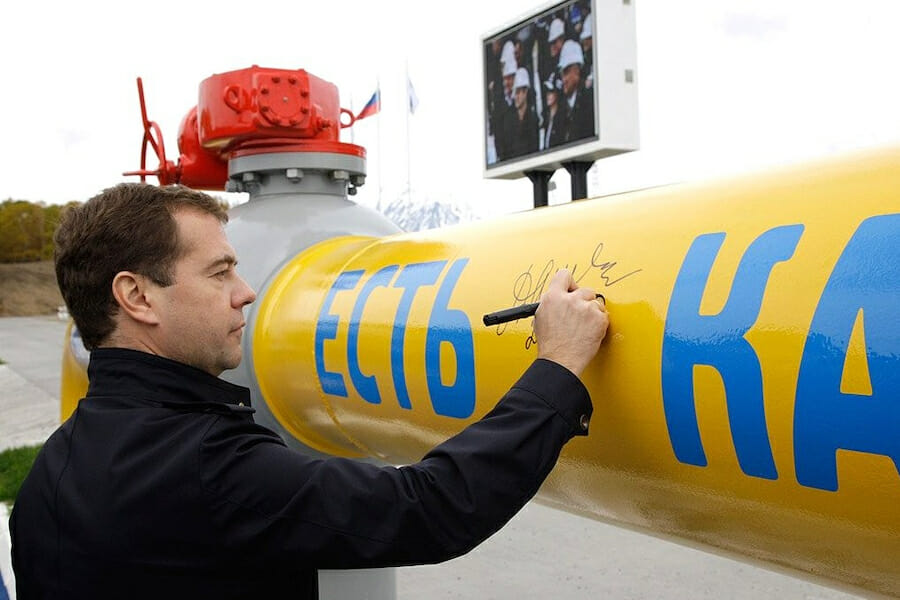
How Iran can save Europe from Russian Energy Dominance
After Russia’s President Putin sent his military into Ukraine in a clear violation of the country’s sovereignty, the White House released a statement that Russia now faces “greater political and economic isolation.” But how exactly would the United States enforce this?
The main method discussed in the news has been sanctioning Russia’s all-important energy sector. The problem is, many of America’s allies in Europe are heavily reliant on Russian gas and would be unwilling to accept any sanctions. Take Germany as an example. A whopping 40% of German gas comes from Russia. Without Europe, any potential bite in energy sanctions is significantly hampered.
This is what brings Iran into the picture. With 18% of the world’s proven gas reserves, Iran has the most proven natural gas reserves in the world. Iran already leads the world in the number of natural gas vehicles on the road, at about 3 million. This remarkable ranking is due to Iran’s realization that the country is overly-reliant on its oil sector after years of sanctions. At the same time, Tehran’s pollution problem is served well by having more natural gas vehicles on the road instead of gasoline-powered ones.
Right now, Iran’s main natural gas export market is Turkey. In fact, Turkey is looking to double its annual imports from Iranian gas to 10 billion cubic meters (bcm) to 20 bcm. One of the probable reasons for doing so is exporting the extra gas to Europe via the Trans-Adriatic Pipeline.
Either way, Turkey is looking to take advantage of the potential of sanctions being lowered on Iran to feed its growing economy either directly or via gas export revenue.
Europe should too. While Europe remains hostage to Russia, Turkey is already beginning to diversify its energy with its southeastern neighbor. Imagine if Iran and Europe had close energy ties. Europe would not be limited to symbolic gestures against Russia and could increase its gas imports from Iran to replace Russian gas –much like Saudi Arabia’s increase in oil exports made up for the drop in Iranian oil exports after sanctions-hit Iran hard in 2011.
However, this process cannot start tomorrow. Iran’s gas sector is in need of major investment and reform. In fact, Iran is forced to annually import 7 billion cubic meters from Turkmenistan just to keep up with its contractual export obligations, which is quite unbelievable with all the reserves in the country. The National Iranian Gas Company (NIGC) is even forced to restrict gas on certain days within the country when consumption increases.
If sanctions were lifted in a comprehensive deal regarding Iran’s nuclear program and Europe was able to invest in Iran’s gas sector, not only would Iran’s battered economy reap the benefits of trillions of dollars of energy revenues over time, Europe would gain a new, major energy partner that its companies can invest in. Iran needs European technology and Europe needs to find a way to release itself from Russian energy reliance. With these facts on the ground and the Ukraine crisis clearly depicting the folly of energy over-reliance, it may be the right time to take a serious look at Iran’s natural gas sector.
